Nonviolence is the first article of my faith. It is also the last article of my creed
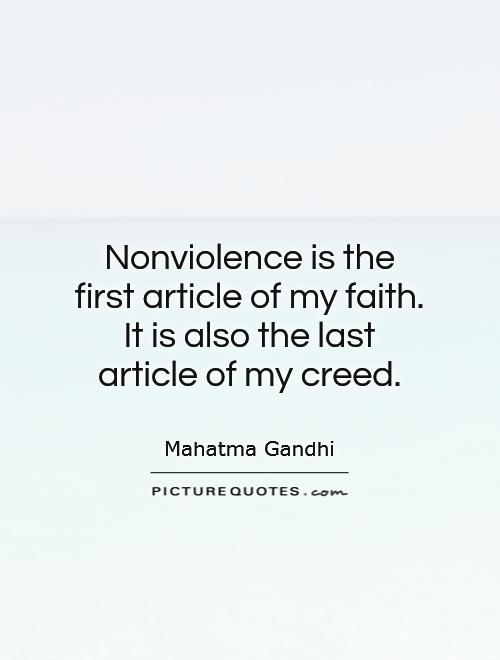
Nonviolence is the first article of my faith. It is also the last article of my creed
Mahatma Gandhi, the revered leader of the Indian independence movement, is known for his unwavering commitment to nonviolence as a means of achieving social and political change. His famous quote, "Nonviolence is the first article of my faith. It is also the last article of my creed," encapsulates his deeply held belief in the power of nonviolent resistance as a force for good in the world.Gandhi's philosophy of nonviolence, or ahimsa, was deeply rooted in his Hindu faith and his belief in the interconnectedness of all living beings. He saw violence as a destructive force that only perpetuated more violence and suffering, and he believed that true change could only come through peaceful means. Gandhi's commitment to nonviolence was not just a political strategy, but a moral imperative that guided his actions and decisions throughout his life.
Gandhi's belief in nonviolence was put to the test many times during his leadership of the Indian independence movement. Despite facing violent repression from the British colonial authorities, Gandhi and his followers remained steadfast in their commitment to nonviolent resistance. Through acts of civil disobedience, boycotts, and peaceful protests, they were able to mobilize millions of Indians in the struggle for independence.
Gandhi's commitment to nonviolence also extended to his personal life. He believed in the power of love and compassion to overcome hatred and division, and he practiced forgiveness and reconciliation even in the face of great adversity. Gandhi's example inspired countless others around the world to follow in his footsteps and embrace nonviolence as a way of life.


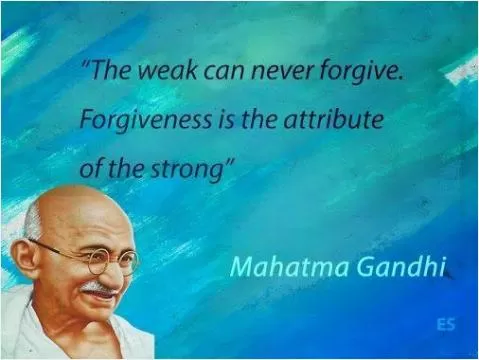

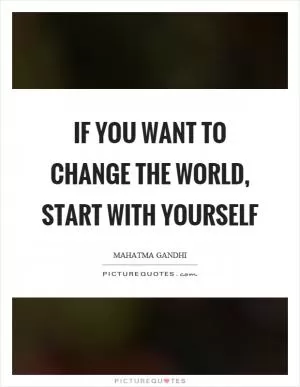
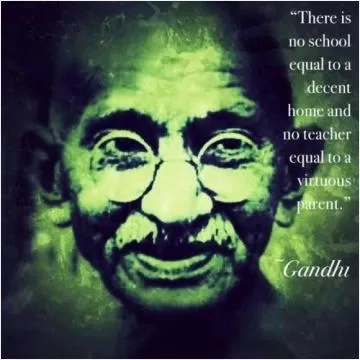


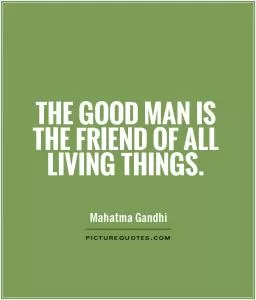
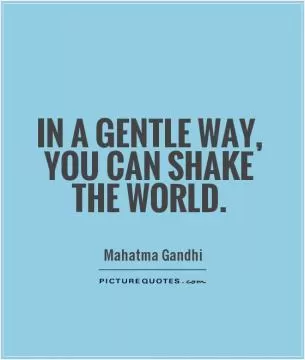
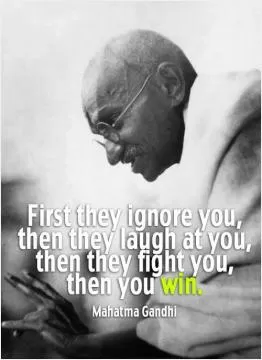

 Friendship Quotes
Friendship Quotes Love Quotes
Love Quotes Life Quotes
Life Quotes Funny Quotes
Funny Quotes Motivational Quotes
Motivational Quotes Inspirational Quotes
Inspirational Quotes